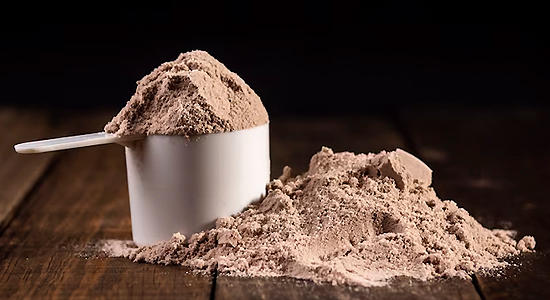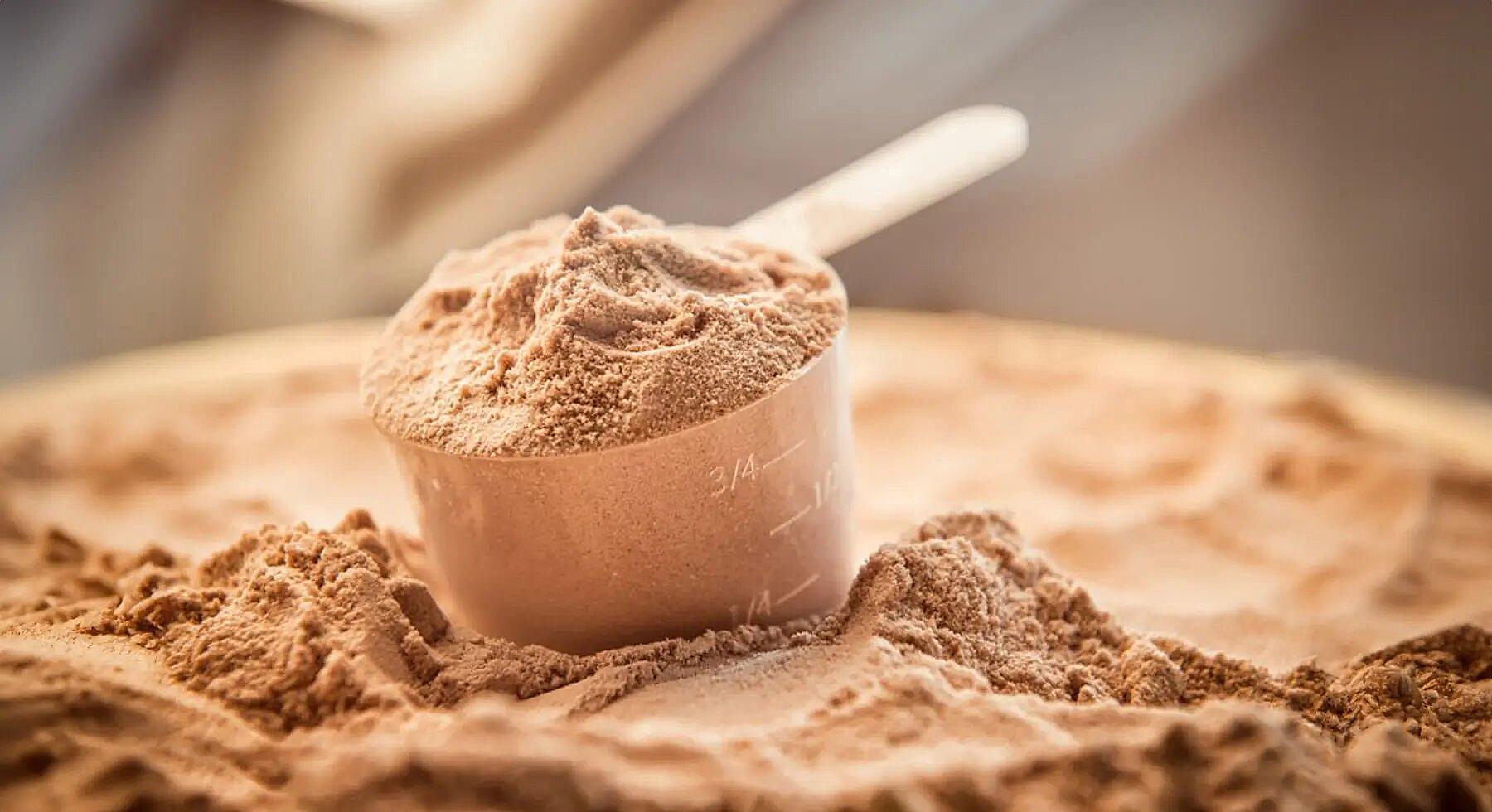 |||
5 minutes
|||
5 minutes
What Protein Concentrate is a type of whey protein. And believe it or not, it is widely used in many foods, supplements, and pre-mixes!
Did you know that whey protein concentrate is used in breakfast cereals, baby formulas, baked goods, coffee creamers and many more food products?
Let us first understand what whey protein is.
Whey is a Dairy Protein derived from Cow’s Milk. Cow’s Milk is comprised of about 88% water and variable amounts of all three macronutrients: 5% Carbohydrates, 4% Fat and 3% Protein. From that Protein, there are two main Proteins, which include Casein and Whey. Casein is the most abundant Protein at 80%, while the remaining 20% is Whey. Whey and Casein can be found in dairy products such as fluid milk, hard cheeses, soft cheeses, yogurt, and milk-based desserts like frozen yogurt and puddings. Chances are you’ve probably consumed Whey and Casein through your diet without even realizing. Whey is the think liquid portion and Casein appears as a semi-solid component or curd after milk is intentionally coagulated or curdled. For example, the thin liquid layer that rests atop yogurt is Whey Protein and the thicker cream yogurt contains is primarily Casein Protein.
How is whey protein made?
Whey and Casein are separated through the cheese making process. Either enzymes, heat or acids are added to liquid milk to begin the coagulation process. Generally, Rennet is added to milk to allow Casein and Whey to separate. The Casein will begin to thicken, which allows the Proteins to divide. From there, the liquid Whey is then pasteurized, then dried. Using different processing techniques, Whey can be made into these common forms of powder, which include Whey Protein Concentrate (WPC), Whey Protein Isolate (WPI) and Whey Protein Hydrolysate (WPH). The filtration process ultimately dictates the type. Generally, the more filtered the Whey Protein, the more Isolated or purified the Whey Protein becomes. This is because it’s filtering out the other non-protein components like Carbohydrates and Fat. Therefore, the main differences among the three types include the percent of Protein by dry weight, amount of Carbohydrates and Fat. The type you select depends on your dietary preference, specifications, and goals. Here are the three types simplified. There is no significant difference in the absorptions rates between WPC, WPI and WPH.

Whey Protein Concentrate TASTE & TEXTURE
The more whey is filtered, the more carbohydrates and fat are reduced. As a result, the taste and texture of the protein can change. This is because carbohydrates provide a level of sweetness, while fat provides a more cream-like texture. Therefore, Whey Protein Concentrate has a more decadent, milkshake-like taste and consistency – especially for rich flavors like chocolate, vanilla, and strawberry.
Benefits of Whey Protein Concentrate
There is a common misconception that Whey Protein Concentrate is not as good as other two forms of whey or that it is cheap, and none of these are true! In fact Whey Protein Concentrate is one of the most sought after type of whey due to its various applications. Let us look at some of the common benefits of Whey Protein Concentrate-
- Muscle Support: Whey Protein Concentrate is a high-quality complete protein, contains naturally occurring Branch Chain Amino Acids (BCAAs), thus supports muscle recovery and muscle protein synthesis.
- Protein Content: Whey Protein Concentrate supplements are a great way of amping up protein content of your meal/snack/shake. Of course, it tends to have a little bit more carbs and fats when compared with whey protein isolate but unless you are on a calorie restrictive diet, the few extra grams of carbs and fats might not change your micros ratio too-too much!
- Decadent Flavor: gives richer, more milkshake like taste and consistency to your protein shake
Take Home Message
Whey Protein Concentrate is a high-quality complete source of protein which is a great option for any healthy adult looking to add protein to their balanced diet. It also tends to be a more economical option (compared to other types of whey). However due to its slightly higher carb and fat content (when compared to whey protein isolate) it may not work for someone who is on a restrictive diet, however if you are someone who like richer more decadent flavours then give whey protein concentrate based supplements a chance.
